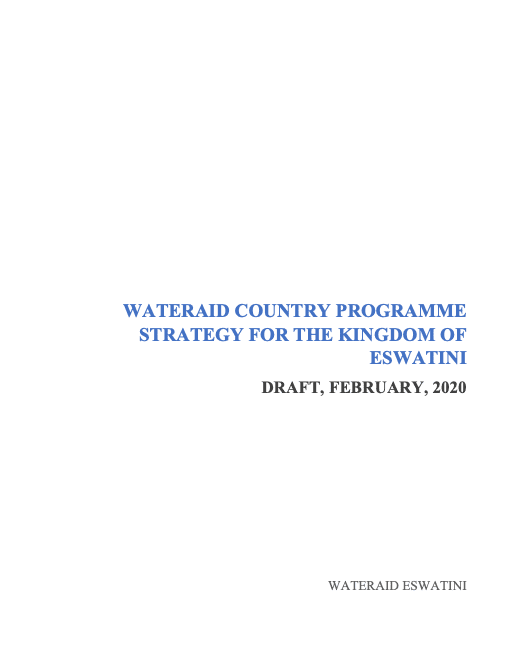Swaziland (Eswatini)
Agenda for Change members working on systems approaches
Please note this is a summary of information. You can learn more on the WaterAid website.
WaterAid operates nationally across the four regions of Eswatini, with focuses concentrated in the Lubombo and Hhohho regions. WaterAid specifically seeks to add more value to the WASH sector by using existing platforms to enhance its influencing efforts. In this process they model workable systems and mechanisms for sustainable WASH service delivery; and engage the right strategic partnerships and networks for optimum impact. In addition, WaterAid strives to make their work visible for sector learning and replication through tools such as Joint Sector Reviews (JSRs).
Systems strengthening activities
Between July and November 2016, WaterAid provided technical assistance to the Government of the Kingdom of Swaziland, to organise and facilitate the first Joint Sector Review (JSR) for the water and sanitation sector. JSRs are widely recognised as features of best practice in the water and sanitation sector landscape, helping to strengthen governance, accountability, harmonisation, and aiding decision-making. Other systems strengthening activities conducted by WaterAid in Eswatini involve capacity building of governments and services providers and working to coordinate and integrate the WASH sector at the policy and institutional level.
Other partners
Entities of the Central Government
Department of Water Affairs within the Ministry of Natural Resources and Energy, Ministry of Health, Ministry of Housing and Urban Development, Ministry of WASH, Ministry of Agriculture
Local Governments
Municipalities
All others
UNICEF, Swaziland Water Services Corporation (SWSC)
Accomplishments
- WaterAid appreciates the significance of establishing long-term partnerships and the need for the right mixture of partners to cultivate success and sustainability in their programs. Therefore, WaterAid aims to forge alliances and coalitions that drive a common WASH agenda.
- WaterAid’s projects have shown that communities and local authorities are essential for project success as they provide a nuanced understanding of community contexts and can assist in resolving local conflicts that arise during project implementation.
Challenges
- Current challenges in Eswatini include old infrastructure in deteriorating conditions and poor public sector performance and service delivery.
- HIV/AIDS remains a serious problem across the country.
- Sanitation related challenges include limited preparedness of urban area WASH services providers to meet the needs of the fast growing urban population propelled by the urbanization of rural areas,
How strong are the systems?
To determine how well systems are working, we rely on data derived from Building Blocks, which are manageable ‘sub-systems’ that can be supported and strengthened. Certain building blocks may be more strongly developed or applied at district or national level. Interactions between building blocks are essential.
National level
Building Block
Water
Sanitation
Hygiene
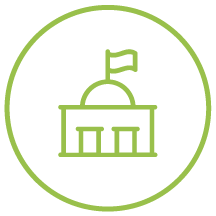
Institutional Arrangements & Coordination
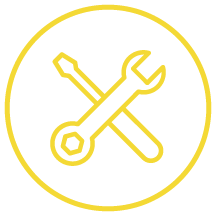
Service Delivery Infrastructure
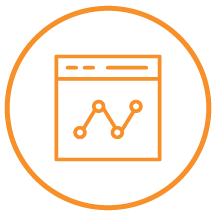
Monitoring

Planning

Finance
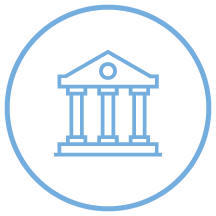
Regulation & Accountability
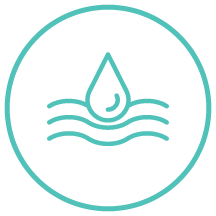
Water Resource Management
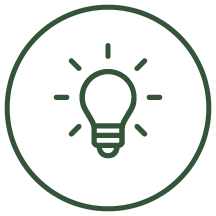
Learning & Adaptation
Resources
Systems Library
Please note this is a summary of available resources. You can learn more on the WaterAid website.
National
Local
National
